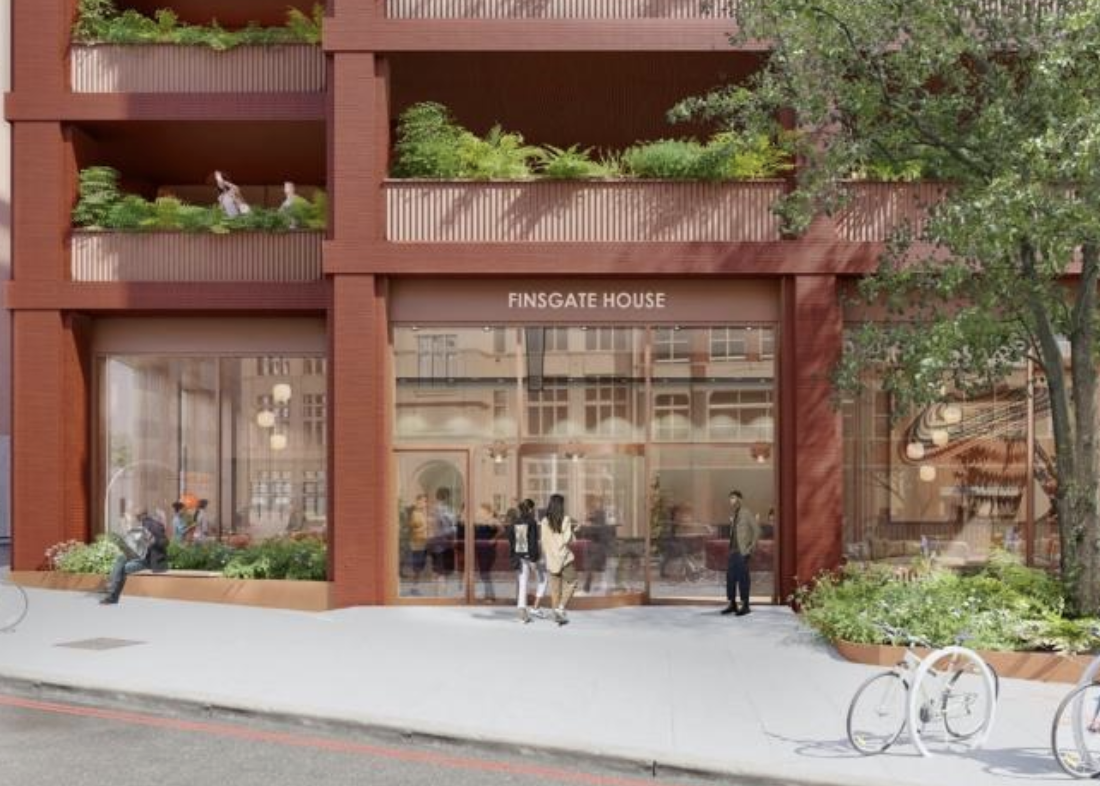UK: Watkin Jones has secured planning consent for the conversion of a vacant office block in the centre of Leeds into 230 coliving units.
Leeds City Council has approved its plans for the conversion and repurposing of Headrow House at 42 The Headrow.
When completed in 2028, the project will retain retail units on the ground floor. The coliving design supports the group’s ESG strategy, emphasising reuse and energy efficiency, and attaining BREEAM Excellent certification. The retrofit enhances thermal efficiency and air permeability, with electric heating for net zero carbon, energy-efficient windows, and air source heat pumps. Photovoltaic panels, efficient lighting, and energy-saving controls will optimise performance. By reusing the building , the scheme will reduce embodied carbon by 78 per cent and Watkin Jones will use sustainable landscaping throughout.
Amenities will include a gym, shared kitchens and dining areas, a cinema, coworking lounge, library, laundry room and bicycle parking, in addition to personal storage rooms. The site offers excellent public transport links, located within a 300-metre walk from Leeds train station.
Iain Smith, planning director at Watkin Jones, said: “We are very excited to announce planning approval for Headrow House, our first co-living project in Leeds. Ranked the third largest city by population in the UK, Leeds is a vital commercial and residential centre, and we are committed to providing high-quality, sustainable co-living accommodation that will help to address the on-going demand for rental homes in Leeds city centre. We look forward to continuing our collaborative efforts with Leeds City Council and our local communities to address this growing demand, while also supporting our ESG targets as a business.”
The project is Watkin Jones’ first coliving development, and the second in the city to be granted planning, following a successful appeal by Park Lane Group for its 78-unit coliving scheme at a grade II-listed former library.
In April last year, Leeds councillor Kayleigh Brooks said the concept of coliving was “dystopian” and “not something we should be encouraging”.
























